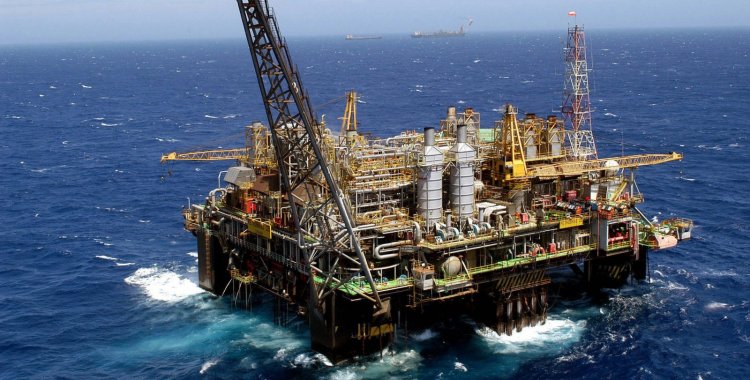"At the level of Angola we are not in an energy crisis, we are in a transition process, our oil industry is mature in some way, there are almost 50 years of oil production", said this Wednesday the president of AECIPA, Bráulio de Brito.
According to the official, who was speaking at the III Environment and Development Conference, Angola is producing at the limit of its capacity and with "many oil reserves".
"Our infrastructures allow our daily production to be greater than what we see today, there is work that must be done for this to happen, so we will continue and then the operators have the strength to make this happen. We are the providers, we are available here for this purpose", he highlighted.
For the president of AECIPA, who was one of the speakers at the round table on the "Energy Crisis, the Extractive Sector and the Sustainable Development Goals (SDGs)", there is still a way to go, but the country does not have an energy crisis like such, he insisted.
He argued that Angola needs to produce more oil efficiently and cleanly, so that "really", he noted, the benefits of the revenue generated there can be channeled towards the country's social development.
"And so that these revenues are transformed so that Angola can be independent of oil, so that oil is another pillar of our economy and not the pillar of our economy", he pointed out.
The president of AECIPA also pointed out the need for the country to continue maintaining the oil industry as the "engine for the transition to economic diversification", admitting, however, that Angola "is not yet ready to live without oil".
"We do need to continue to reinforce all the good things that the oil industry offers in terms of financial income, in terms of being able to produce with less impact on the environment, with very pronounced ecological development", he stressed.
The leader of the association of service providers in the oil sector in Angola also highlighted the importance of the sector being aligned with the SDGs, so that production is more efficient and has less impact on the environment.
Asked during the debate about the participation of AECIPA members in the technological transformation of the sector, Bráulio de Brito said that the sector's value chain is supported by service providers and these are the engine of technological transition.
Operators "have their role, but on the other side of the value chain, we are the ones who perform the service and we, the service providers, end up being the engine of the transition to technological transformation", he argued.
"Because we are the ones who really have to use these technologies so that operators can operate and coordinate production processes efficiently with less attack on the environment", he concluded.
"The Impact of the SDGs on Business" was the motto of this III Environment and Development Conference held today, in Luanda, by Economia & Mercado magazine.
Angola is the second largest oil producer in Sub-Saharan Africa after Nigeria.







